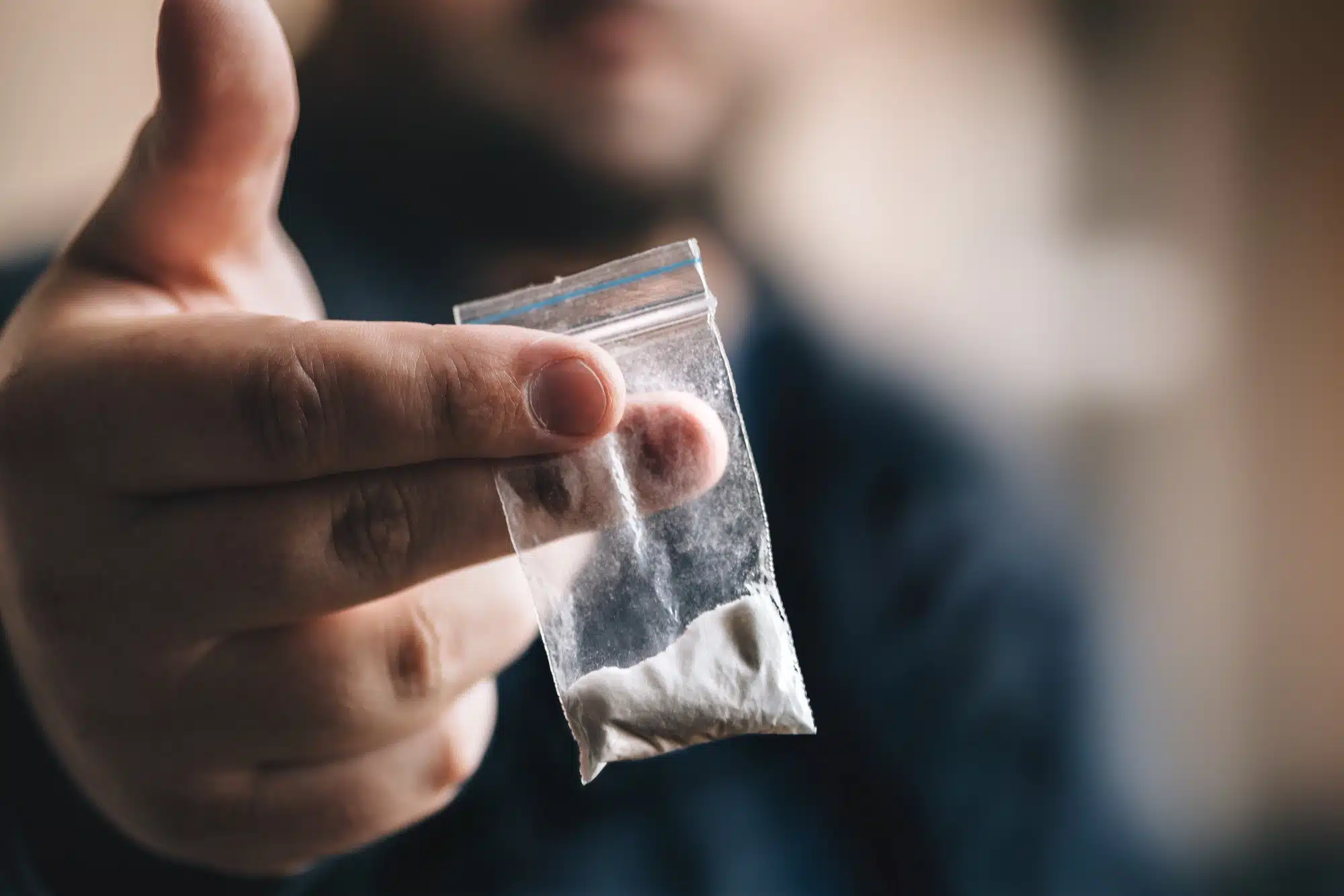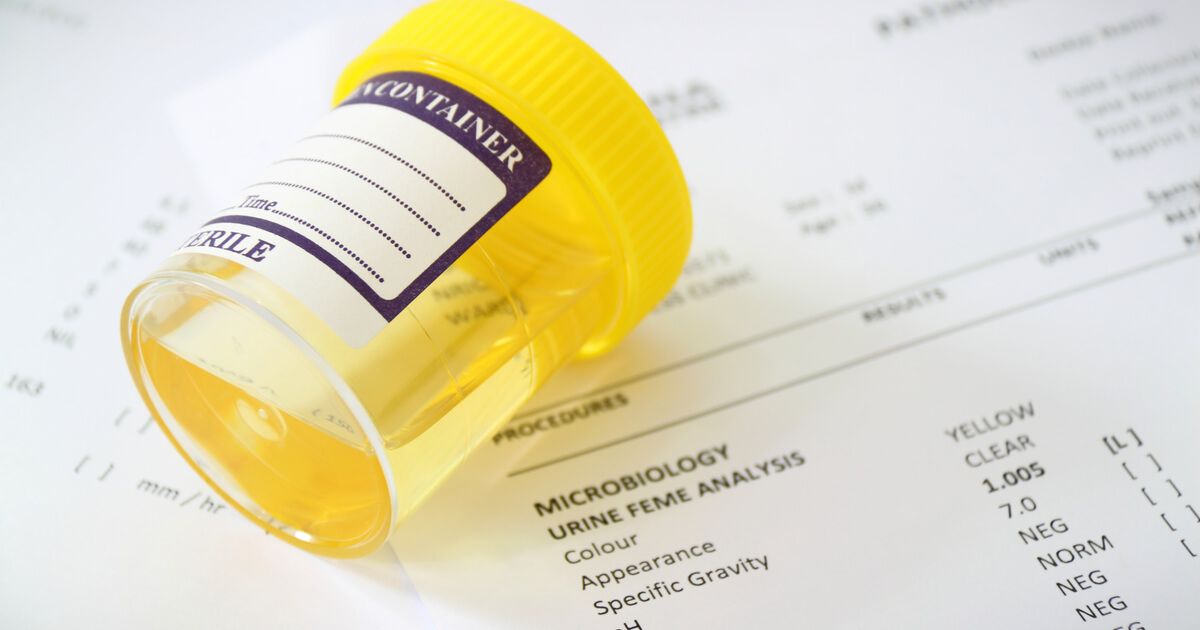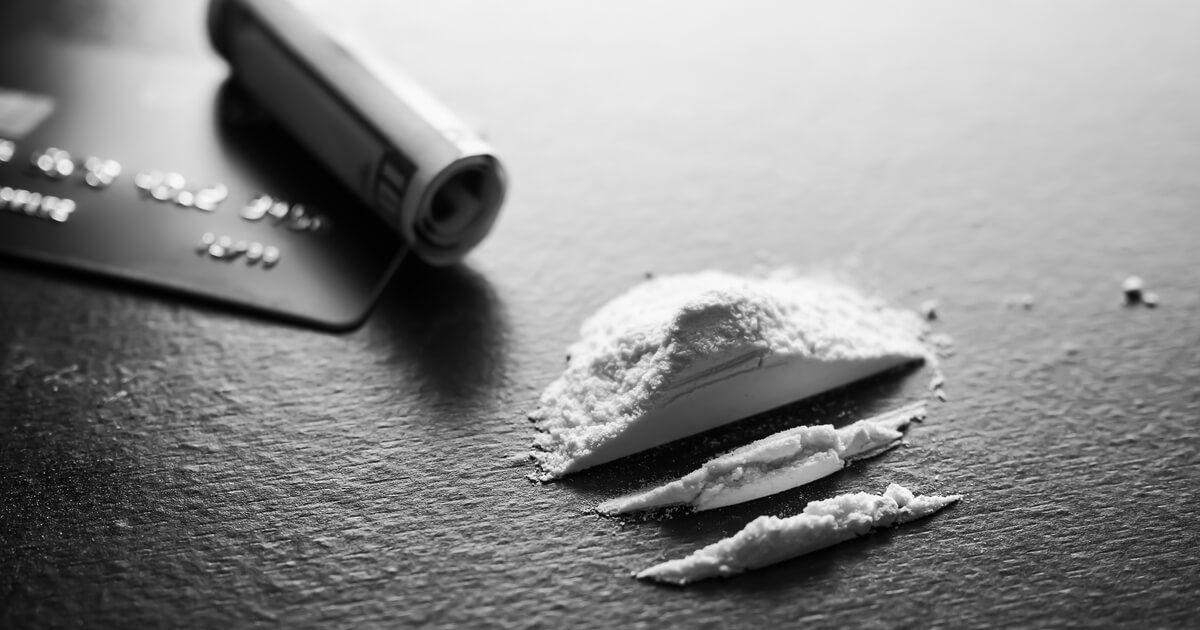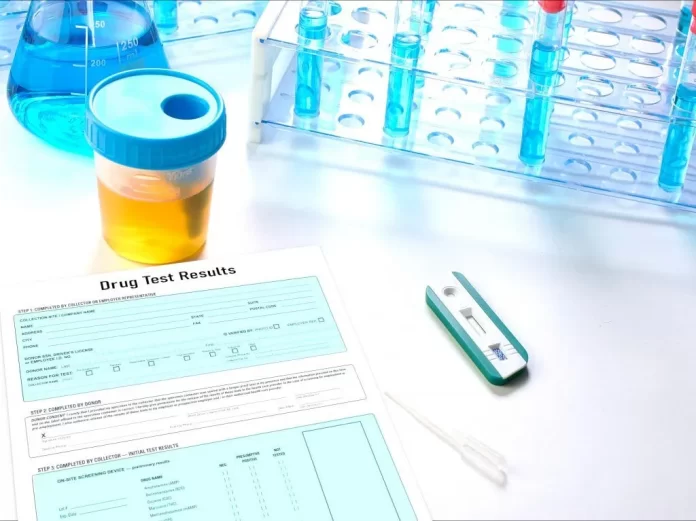The word cocaine alerts your mind as you know that its consumption is illegal; it is a drug that is obtained from the leaves of the coca plant, which grows in South America. Cocaine is a stimulant; consuming it makes people feel more alert, energetic, and happy. It affects the central nervous system. Consumption of it can make you addicted, though it’s illegal to consume this drug; its use can cause worse effects on a person’s health; one may undergo a lot of health issues, and overconsumption can be very fatal. Cocaine is snorted as a powder, can be injected into the body, or smoked as a rock called crack.
Cocaine affects a person’s activity, especially brain functioning. It increases the dopamine levels that stimulate the happy hormone, which reverts people to consume more cocaine to obtain the pleasure of being happy and feeling good about everything, but with the passage of time, the person gets used to it and wants to consume often they may want higher doses, but its not fine for the health even illegal and overuse may cause anxiety, irritability, violent behavior and paranoia which is not normal about human behavior. Cocaine is a disastrous drug that can destroy you completely mentally, emotionally, and physically. It can severely damage your health, especially your heart, lungs, nose, and brain; even an overdose can lead to death.

Cocaine is a controlled substance which means its posession and its use is under the government rules and regulations; another person keeping it under its control is highly objectionable and illegal, it is used legally under prescription medication assigned by law. Use of cocaine can cause psychological or physical disability. When you feel discomfort after consumption or show symptoms of drug abuse, then a doctor may rule out a cocaine test to understand your condition and treat it accordingly.
How Long Does Cocaine Stay in Your System
Cocaine users know the consequences of regular consumption, but importantly, one must learn how long cocaine remains in your system after the last use.
Cocaine is a powerful addictive stimulant drug, produces alertness, confidence, anxiety and euphoria, when one consumes cocaine it quickly breaks into your body called metabolites they remain in your system for a while and can be detected for cocaine test.
Let’s read further to know more about its persistence: How long does cocaine stay?
How Long Does Cocaine Stay In Your Blood
Even a small sniff of a drug can be detected in your body when you take it an appropriate amount. It can be detected in your blood for up to 2 days.
How long does cocaine stay in your saliva?
All though the cocaine has been consumed it stays there in, It stays in your system specially saliva, after consuming several meals in a day it’s still present in saliva it can be detected up to 2 days after consumption.
How long does cocaine stay in urine?
Any toxic element present in your body passes off through urine; excretion is a natural process in the human body’s wastes get excreted out from the body in the form of urine, sweats, or feces; cocaine passes out from the body through urine, but before it gets our completely Cocaine stays in your urine for up to 4 days of consumption that’s why detection of cocaine in that time period is possible.
How Long Does Cocaine Stay In Your Hair
The free base of these drugs are lipophilic, they can easily reach the hair shaft. Once it reaches the hair shaft, the drugs can bind to melanin, with the recent consumption of drugs it remains in the root of hair with very recent drug use, the drug will be present in the hair root. It stays there for at least 8 hours, but the hair shaft is unaffected. The past drug consumption is found in a small section of the hair at a distance from the root proportional to the number of months after the drug use. When the drug reaches hair follicles, it can be detected in your hair sample up to 90 days after taking it.
Factors Responsible For How Long Cocaine Stays In The System
Numerous factors contribute to how long it stays in your body. Below are listed a number of different factors such as:
- The amount of cocaine a person consumes, if it is consumed more, the longer It stays in your system.
- The frequent number of consumptions is also responsible for cocaine sitting in your system. The more times you consume it, the longer it stays in your system.
- How long cocaine stays in the system depends on the fact that it’s been consumed. If cocaine is snorted or rubbed over gums, it prolongs in your system in comparison to it being smoked or injected.
- Another important factor that determines how long the cocaine stays in your system is how it’s been consumed. If cocaine is consumed at the same time you have consumed alcohol, it’s been found that it results in staying in the system for a very long time.
- Your body fat and metabolism also play a vital role in how long cocaine stays in your system.
- Consuming drugs is not good for health. After consuming the other day, you experience cocaine coming down, which depends on how much cocaine you have consumed. You may feel excessive fatigue, and you may experience psychological symptoms such as feeling depressed, anxious, and sick. You may also have physical effects such as stomach aches and increased visits to the bathroom.
How Long Does Cocaine Stay in Urine
Anything you consume, its excretion is definite; cocaine can be detected in urine for a short duration of two to three days, and when a person takes cocaine, it gets absorbed into blood plasma. The enzymes in the blood and the liver help metabolize the cocaine into various metabolites, which are found in urine.
Not only urine, but blood also absorbs cocaine and its metabolites in your hair as it grows.
Drug tests can detect cocaine from blood, urine, saliva, and hair follicles.

How Long Does Cocaine Stay In Your System
1. Urine Tests
The metabolism of cocaine depicts how your body eliminates the drug. Learning how it metabolizes provides insights into the detection times and helps individuals decide about drug use.
The most active method to detect the cocaine in your body is testing it through urine. The detection of cocaine in urine can be found for up to 3 days after the last use, but chronic and extensive drug abuse can stay in your urine for a week or for longer.
How long the drug, cocaine, stays in urine depends on the consumption, when the test is done, and the type of drug testing method performed. The cocaine metabolites can stay in your system for several months after its use.
There has been constant research on this powerful, addictive drug. There is research that suggests that constant use of cocaine results in deposits in your body. This increases the time period of cocaine metabolization and sitting time in your system. A constant user of cocaine is a drug addict who can reflect signs of drug consumption even after two weeks of last use. That person will be tested positive in a urine test.
2. Detecting through Hair Follicle Test
You might be amazed to know that Hair follicle tests are run on a person to find out whether the person has used cocaine or not; it can ascertain the past three months of drug use, and cocaine metabolites are easily detectable through blood deposits in your hair. There are studies that depict that hair analysis can be done with a sensitive and specific method like GC/MS to detect cocaine use or exposure.
What Are The Effects Of Cocaine On Your System
Cocaine can cause effects both long and short term depending on how frequently you consume cocaine. Any effect on your body is not a positive sign. It signifies deteriorating health or an open invitation to future health problems.
Even a small dose of cocaine may cause Short-term effects, and the user may feel hypersensitive to sight, increased energy can be observed, he or she may feel euphoric, can become talkative, may have heightened alertness, and become sensitive to touch cocaine user may also feel aggressive on and off the short term effect of cocaine can last for 30 minutes to an hour. The duration extremely depends on the amount of consumption of cocaine.
Consumption of cocaine itself is a serious issue. It is a powerful drug that can cause long-term effects on physical and mental health. Chronic use or regular use may lead to cardiovascular diseases. You may have to deal with high blood pressure, heart attacks, and strokes. Your respiratory system may get damaged. Neurological disorders can happen that may cause memory loss, cognitive impairment, and increased state of mental disorders like depression and anxiety.
How the Body Processes Cocaine
As soon as cocaine is consumed, it begins to get absorbed into your bloodstream and from your hair. It has been distributed to various parts of your body, such as the brain, digestive system, excretory system, and neuro system, especially the liver, which plays a vital role in breaking cocaine.
When the drug reaches the liver, it breaks into various metabolites. The primary state is benzoylecgonine and this further metabolites to other substances as, ecgonine methyl ester and ecgonine. After the whole process, these metabolites are excreted out from the body through urine, feces, and sweat.
Before the excretion, do you know how long cocaine stays in urine? Well, it’s all dependent on the metabolism process. Not only in urine; it can stay in your blood, saliva, and even in hair follicles.
After the consumption, in saliva, one can test positive for 2 days; in blood, for 2 days. In urine, it stays for 3 days; when a hair test is conducted, you will definitely test positive for cocaine consumption as it stays there for months or more than a year.
A heavily addicted user can be tested positive on a urine test for up to 2 weeks.
But other factors can influence how long it stays in someone’s body, such as metabolism, weight, dose, and frequency of use. Drinking while taking cocaine may also slow its elimination from the body.

How Is Cocaine Addiction Treated?
Cocaine addiction is a complex and serious health problem that lays stress physically, mentally, and emotionally, causing social and environmental distress. There are treatment methods for curing cocaine addiction. One thing that is required is patience and determination.
Cocaine addiction can be treated with behavioral intervention. Many examples define the positive results of behavior therapy. It is an effective treatment for drug addicted people and related problems treatment can be done being at your residence or being an outpatient residential treatment program sometimes depending on the patient, behavior therapy is also intervened with medicational approach that has given promising results for people depressed with cocaine use.
The treatment includes prizes, rewards, and points for meeting the required levels to stop using cocaine. Patients get vouchers for free gym access, theaters, and lunch or dinner at a restaurant. This motivates the patients to have a positive attitude and helps them overcome depression and anxiety.
There’s always a solution to a problem. Only a person has to be determined to get rid of it, as therapies such as hypnosis, acupuncture, and herbs help in stopping the use of cocaine.
Changing your lifestyle could also help in achieving your goal of getting rid of the use of cocaine. Practice meditation every day. This helps keep you calm, reduces stress and anxiety, and increases your space to make your inner self breathe.
Keep yourself active in a social environment and stay in touch with your family members and friends who inspire you to upgrade yourself.
Other than treatment, it’s only a sufferer who has the potential to get rid of the claws of the drug. Change your vision and keep a positive attitude toward life. It’s the most precious thing you have.

